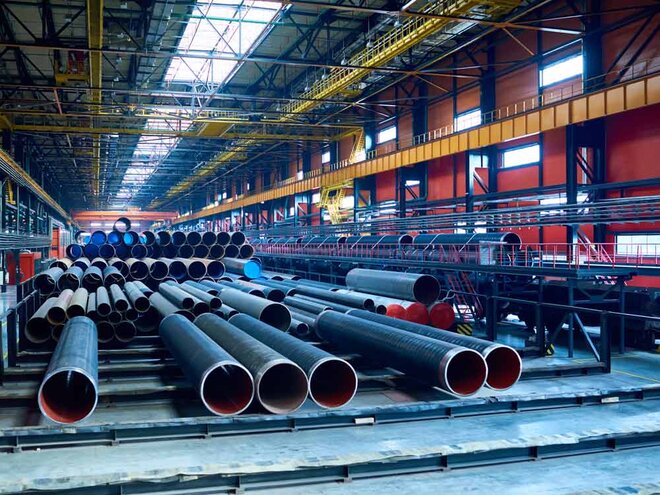
JSW Steel, the flagship company of JSW group, is the largest steel exporter of the country. It finds its origins in 1982, when Jindal Group acquired Piramal Steel and renamed it to JISCO. Buoyed by the rising global steel prices, JSW Steels' stock price has more than tripled in the last one year. Is this rally sustainable?








